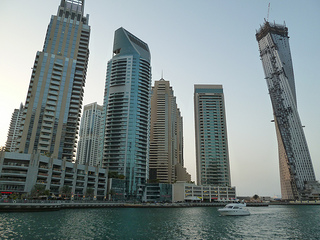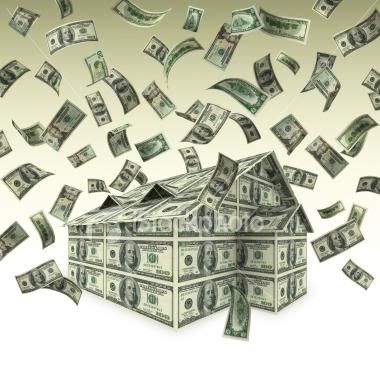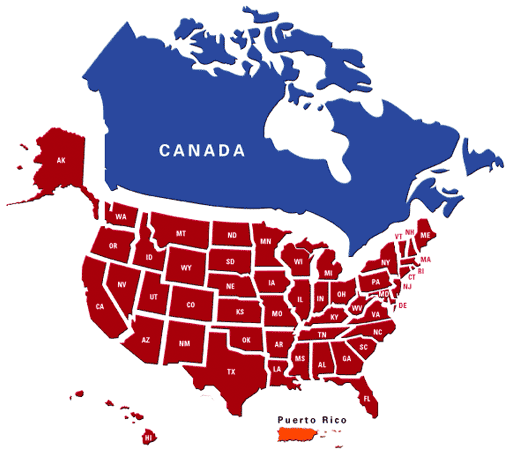The Rise And Fall…and Rise Of Dubai’s Property Market?

In the early 2000’s, Dubai was able to establish itself at the forefront of world real estate investment as ex-pats flocked to the rapidly expanding, tax free haven in the United Arab Emirates. But like all bubbles it was to eventually burst. After floating on a healthy breeze of consumer demand, the wind changed after the global economic disaster of 2008 and only now are the green shoots of recovery peeping through.
In 2002, Dubai’s Crown Prince, General Skeikh Mohammed Bin Rashid Al Maktoom, issued a degree that allowed foreign investors to buy and own property in selected areas of the city. These areas would become known as ‘New Dubai’. Before this, foreign nationals were only able to rent property. It was this decree that heralded a new beginning for Dubai, and a subsequent property boom.
Property in Dubai quickly became highly sought after, allowing Dubai to become the world’s best performing real estate sector soon after. Though not rich in oil like neighbouring Arab states such as Abu Dhabi, Dubai set about establishing itself as a trading haven that would bridge the gap between the east and the west. The property boom was a significant factor in this plan.
In the same month as the now infamous decree, work would begin on ‘The Palm Jumeirah’, a man made island constructed by top Dubai property firm ‘Al Nakheel Properties’. This was quickly followed by Dubai’s second man made island ‘The Palm Jebel Ali’.
In 2006 the ‘lands law’ was introduced. This allowed foreign nationals to register freehold property in their name. This aided the ongoing property boom, with thousands of businesses uping sticks and relocating to Dubai, filling the Dubai office suites that had been erected. This also helped usher in an as yet unprecedented level of demand for residential property in Dubai, with investors snapping up properties before construction work had even been completed.
Dubai continued to be viewed as the top place in UAE to invest in property, with people taking advantage of it’s rapidly expanding economy and reputation as a tax free haven. This would continue until 2008. It was then that after the start of the global economic crisis, property prices in Dubai finally started to fall. And fall. And fall. Dubai would go on to see a property price decline that exceeded 60% and find themselves with over $150 billion of debt.
Only now, 4 years later are things starting to improve. As property prices in Dubai continued to drop, experts advised that eventually prices would ‘bottom out’ and only then could the market stabilise and rebuild itself. Worried investors looked on, with many cutting their losses and selling properties that they owned for less than the prices that they had paid just 5 years previously.
But the advice of the experts was well worth heeding. In the final quarter of 2011, investment rates in Dubai property started to improve, with house prices rising at an average of 2.3% between October and December. Dubai had become known as a risky investment opportunity after the market had crashed, but now, finally, investors seemed to be willing to take that risk.
This was confirmed in the first quarter of 2012, as Dubai regained it’s place as the top performing real estate sector in the world. Villa prices rose by an average of 3% and two and three bedroom apartments enjoyed an average price increase of 2%. Lease rates on two bedroom properties grew by 5%, with 5 and six bedroom properties enjoying a 3% price rise. Jones Lang La Salle confirmed the trend, saying that the ‘bottoming out’ of the market that had long been predicted had finally happened, with prices reaching levels not seen since early 2008.
However, this should not be seen as a fix to the problem. Although property rises are once again on the rise, it should certainly be viewed within the context of the current global financial situation, as well as the debt that Dubai still find themselves in. In addition to this CBRE advised that commercial property prices are likely to remain low in 2012, as increased supply for office space will ensure that prices do not rise.
The price rise of Dubai property can be attributed to an influx of regional and non regional investors, utilising Dubai and it’s tax exempt status as the ideal place to set up shop.
The risk factor of the Dubai property market has certainly lessened. 2012 is however, the most difficult year of date for the Dubai property sector. It must now set about repaying a large portion of the debt that it finds itself. If this can be achieved, the future looks bright for Dubai and it’s property market, with the long term outlook seeming potentially stable.
Author Bio:
Richard Hughes is a content writer and link builder currently employed by Online Ventures Group. He blogs for a number of sites including www.selectproperty.com.














November 27, 2012 at 5:21 am
Dubai is back……Transactions levels are rising as job security and increased market confidence results in people seeking tenancy upgrades and home ownership. Apartment and villa rents are seen steady in 2012 with minor declines for low quality and poorly managed buildings in certain areas. Transactions are expected to remain high as further supply enters the market leading to more price competition for owners and more choice for tenants.
October 3, 2012 at 7:33 am
I have to say that I hope the problem will be fixed soon because I think that Dubai would be a great place to live! It has such a big appeal to many people even after economic crisis and I know a few people that have moved to Dubai and they say it is brilliant. Dubai is growing constantly so I’m sure they will come back from this and will once again be one of the most popular cities in the world!
September 27, 2012 at 11:01 pm
The UAE property prices fall – weather
House prices in Abu Dhabi will fall by 2-10% over the next quarter, while in some of the less popular areas of buy property in Dubai, they will fall by 2-5%, according to analysts.